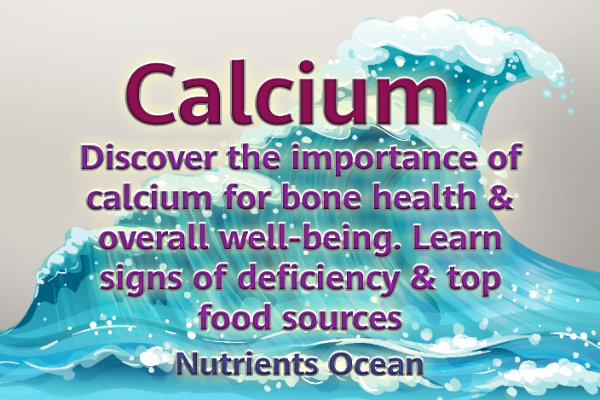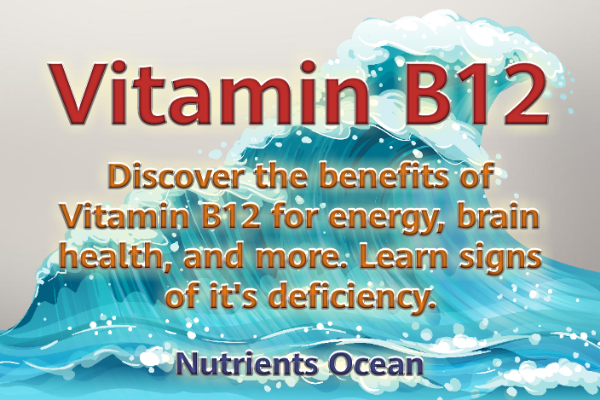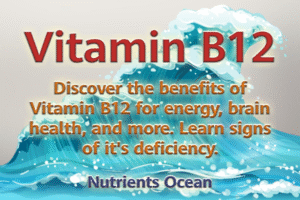Importance of Nutrients in Addressing Chronic Kidney Disease (CKD)
In today’s health landscape, the importance of proper nutrition in managing chronic conditions cannot be overstated. Chronic Kidney Disease (CKD) is no exception. Understanding the role of nutrients in CKD management is essential for individuals looking to optimize their kidney health and improve their overall well-being.
The Significance of Nutrients in CKD Management
Nutrients serve as the building blocks of a healthy body and are integral to supporting kidney function. In individuals with CKD, the kidneys are less effective at filtering waste products and excess fluids from the blood. As a result, managing nutrient intake becomes crucial to prevent further damage and support overall kidney health.
Protein: Balancing Quantity and Quality
Excessive protein intake can burden the kidneys, so individuals with CKD are advised to monitor and moderate their protein intake to avoid further stress on kidney function. Opting for high-quality protein sources such as lean meats, poultry, fish, eggs, and plant-based options like beans and legumes can provide essential amino acids without overtaxing the kidneys.
Potassium: Finding the Right Balance
High potassium levels can lead to complications in CKD patients, including irregular heartbeats. Monitoring potassium levels and incorporating low-potassium foods like apples, berries, and cabbage into the diet can help maintain a healthy balance and reduce the risk of adverse effects on heart health.
Phosphorus: Managing Levels for Bone Health
Managing phosphorus levels is essential for preventing bone and heart problems in individuals with CKD. Choosing low-phosphorus food options such as rice, pasta, bread, and certain fruits and vegetables can help regulate phosphorus levels and mitigate potential complications.
Sodium: Controlling Blood Pressure and Fluid Balance
High sodium intake can raise blood pressure and lead to fluid retention in CKD patients, worsening kidney function. Limiting sodium intake by reducing processed foods and avoiding excessive salt can help control blood pressure and maintain fluid balance, promoting kidney health.
Calcium: Supporting Bone Health
Adequate calcium intake is crucial for maintaining bone health, especially in individuals with CKD. Incorporating dairy products, fortified foods, and leafy greens into the diet can provide essential calcium to support bone density and overall skeletal health.
Dietary Strategies for CKD Management
DASH Diet
The Dietary Approaches to Stop Hypertension (DASH) diet, rich in fruits, vegetables, and whole grains, is beneficial for individuals with CKD as it promotes heart health and helps control blood pressure.
Moderate Protein Diet
Adopting a moderate protein diet tailored to individual needs helps preserve kidney function while providing essential amino acids for overall health.
Fluid Management
Monitoring fluid intake is essential for individuals with CKD, especially those experiencing fluid retention. Limiting fluid intake and avoiding excessive consumption of caffeinated beverages support fluid balance.
Supplementation
In some cases, dietary supplementation may be necessary to address nutrient deficiencies commonly observed in CKD patients. However, supplementation should be approached cautiously and under medical supervision.
Lifestyle Factors Impacting Renal Health
Physical Activity
Engaging in regular physical activity not only improves overall health but also supports kidney function by enhancing circulation and reducing the risk of comorbidities such as diabetes and hypertension.
Smoking Cessation
Smoking exacerbates kidney damage and accelerates the progression of CKD. Quitting smoking is essential for preserving renal function and reducing the risk of complications.
Stress Management
Chronic stress contributes to the progression of CKD through its effects on blood pressure and inflammation. Implementing stress-reduction techniques such as mindfulness and relaxation exercises benefits overall renal health.
Empowering CKD Patients through Nutritional Strategies
In conclusion, optimising nutrition is a cornerstone of effective CKD management. By prioritising nutrient-rich foods, adhering to dietary guidelines, and adopting a healthy lifestyle, individuals with CKD can mitigate disease progression and enhance their quality of life.
References
- National Kidney Foundation. (n.d.). Nutrition and Chronic Kidney Disease (CKD)
- Mayo Clinic. (2023). Chronic kidney disease.
#KidneyHealth #CKDManagement #NutritionForCKD #HealthyKidneys
#RenalHealth


















